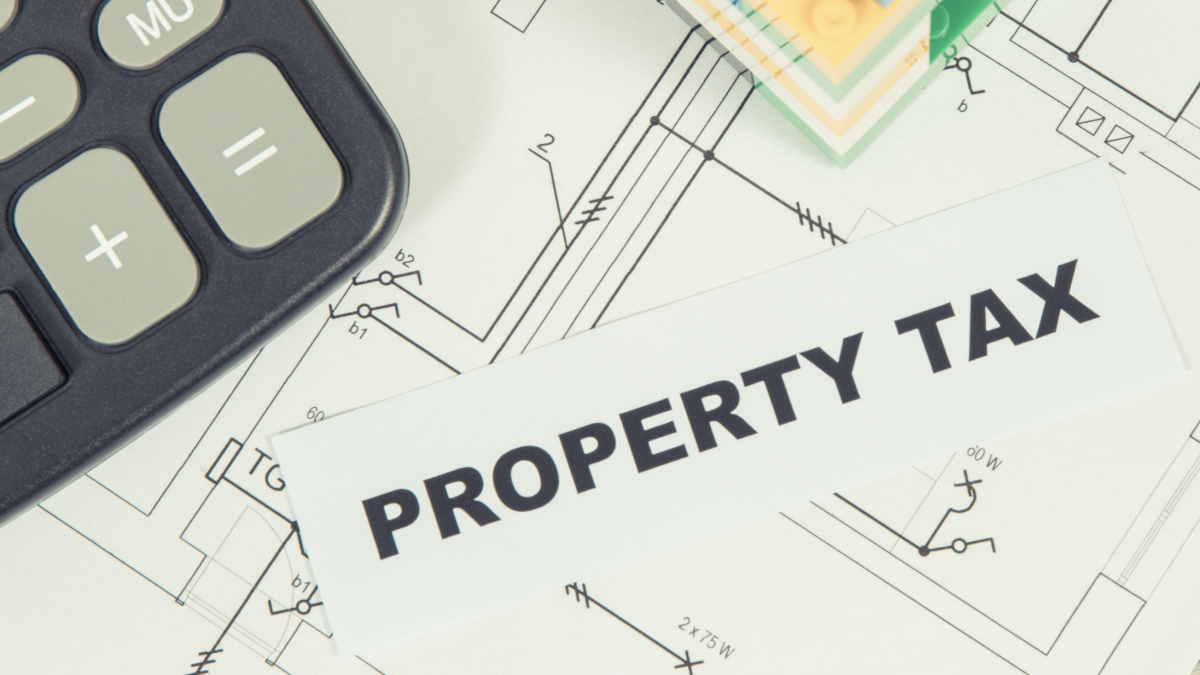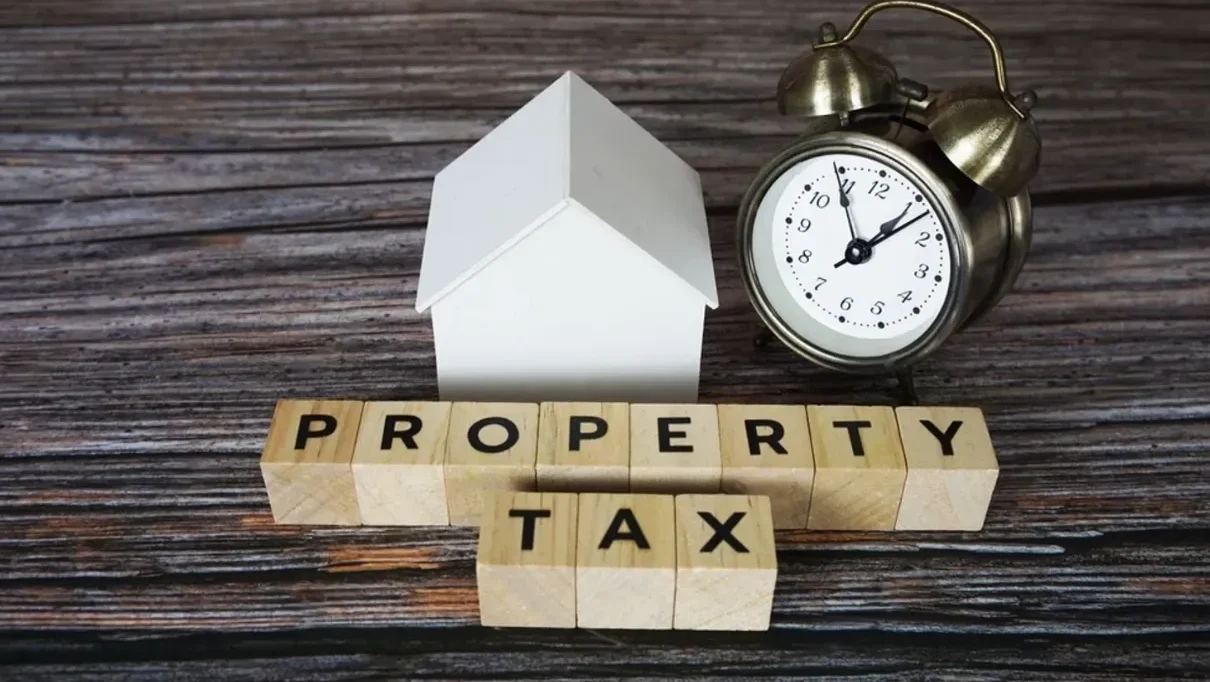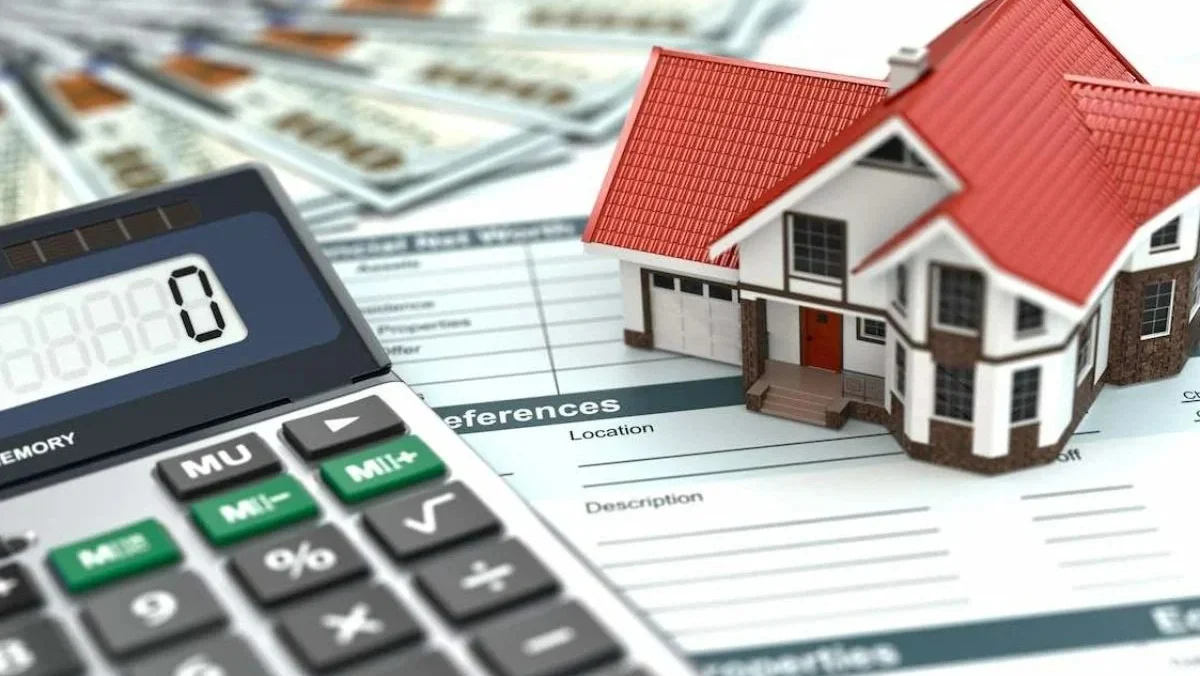
Property taxes are a significant expense for homeowners and commercial property owners, and an unfair assessment can inflate your tax bill unnecessarily. If you believe your property is overvalued, filing a property tax protest allows you to challenge the appraisal district’s valuation. A key step in this process is the property tax appraisal hearing, where you present your case to the Appraisal Review Board (ARB), an independent panel tasked with reviewing disputes. For many, the idea of a hearing can be intimidating, especially if you’re unfamiliar with the process. This comprehensive guide explains what happens at a property tax appraisal hearing, what to expect, how to prepare, and tips for success, empowering you to navigate the process with confidence and potentially save hundreds or thousands on your tax bill.
What Is a Property Tax Appraisal Hearing?
A property tax appraisal hearing is a formal meeting where you (or your representative) present evidence to the ARB to argue that your property’s assessed value is too high or unfairly determined. The hearing typically occurs after you’ve filed a protest with your county appraisal district and, in many cases, after an informal review with an appraiser fails to resolve the issue. The ARB, composed of impartial citizens appointed to review disputes, listens to both you and the appraisal district, then decides whether to adjust your property’s value.
Hearings are a critical opportunity to correct overvaluations, which directly impact your tax bill. For example, reducing a $400,000 assessment by $40,000 at a 2.5% tax rate saves $1,000 annually. Understanding the hearing process is essential to presenting a strong case and achieving a favorable outcome.
The Structure of an Appraisal Hearing
Appraisal hearings follow a structured format, though specifics vary by state and county. They typically last 15–30 minutes and include the following stages:
1. Check-In and Introduction
- What Happens: You arrive at the appraisal district office or join a virtual hearing (if offered). You check in, confirm your case details, and are directed to the hearing room or virtual platform. The ARB panel, usually 3–5 members, introduces themselves and explains the process.
- What to Expect: The setting is formal but not a courtroom. The panel ensures neutrality, and the appraisal district’s representative (an appraiser) is present to defend their valuation.
- Duration: 2–5 minutes.
2. Swearing In
- What Happens: You and the appraiser are sworn in, affirming that your testimony and evidence will be truthful. This is a standard procedure to ensure honesty.
- What to Expect: A simple oath, similar to court proceedings, but without legal consequences unless you knowingly provide false information.
- Duration: 1 minute.
3. Your Presentation
- What Happens: You present your case, explaining why your property’s assessed value is too high. You can argue:
- Market Value: Your property’s value exceeds what it would sell for on the open market.
- Unequal Appraisal: Your property is assessed higher than similar properties in your area. You submit evidence, such as comparable sales (comps), photos of property issues, or appraisal errors, to support your case.
- What to Expect: You typically have 5–7 minutes to present. The ARB may ask questions to clarify your evidence or reasoning. Time is limited, so focus on your strongest points.
- Duration: 5–10 minutes.
4. Appraisal District’s Response
- What Happens: The district’s appraiser presents their case, defending the assessed value. They may use their own comps, property data, or market trends to justify the valuation.
- What to Expect: The appraiser’s presentation is similar in length to yours. They may challenge your evidence or highlight factors like recent improvements to your property. You can listen but usually can’t interrupt unless the ARB allows rebuttal.
- Duration: 5–10 minutes.
5. Rebuttal (If Allowed)
- What Happens: Some ARBs permit a brief rebuttal where you can respond to the appraiser’s arguments or clarify your evidence.
- What to Expect: This is short (1–2 minutes) and focused. Stick to addressing specific points raised by the appraiser, not repeating your case.
- Duration: 1–2 minutes (if permitted).
6. ARB Deliberation and Decision
- What Happens: The ARB discusses your case, often in your presence, and decides whether to:
- Lower your assessed value (fully or partially).
- Uphold the district’s value.
- Request additional information (rare). The decision is typically announced at the end of the hearing, with written confirmation mailed later.
- What to Expect: The ARB’s decision is based on the evidence presented. They aim to ensure fairness but are bound by tax laws and appraisal standards.
- Duration: 2–5 minutes.
7. Next Steps
- What Happens: You receive a verbal decision and, later, a written order detailing the final assessed value. If you’re unhappy with the outcome, you may have appeal options like binding arbitration or district court (see below).
- What to Expect: The written order includes instructions for further appeals and deadlines.
- Duration: Immediate (verbal), with written follow-up within days or weeks.
What to Expect at the Hearing
Appraisal hearings are designed to be accessible, but they can feel formal and fast-paced. Here’s what to anticipate:
- Atmosphere: The hearing is professional but not adversarial. The ARB is neutral, not an opponent, and the appraiser’s role is to explain, not argue.
- Time Constraints: With only 15–30 minutes total, you must be concise. The ARB hears dozens of cases daily, so they value clarity and focus.
- Questions: The ARB may ask about your evidence (e.g., “Why did you choose these comps?”) or property details. Answer directly and factually.
- Virtual vs. In-Person: Many districts now offer virtual hearings via Zoom or similar platforms, which follow the same structure but require a stable internet connection and familiarity with the platform.
- Outcome Uncertainty: The ARB’s decision depends on the strength of your evidence. Strong comps or clear errors increase your chances, but reductions aren’t guaranteed.
How to Prepare for a Successful Hearing
Preparation is key to a successful appraisal hearing. Follow these steps to build a strong case and present it effectively:
1. Gather Compelling Evidence
Your case hinges on evidence that your property is overvalued. Collect:
- Comparable Sales: 3–5 recent sales (within 6–12 months) of properties similar in size, age, location, and condition, sold for less than your assessed value. Use data from MLS, county records, or professional appraisals, not just Zillow.
- Property Condition Issues: Photos and repair estimates for problems like foundation cracks, outdated systems, or storm damage that lower your value.
- Appraisal Errors: Proof of mistakes, like incorrect square footage or misclassified features, from public records or your own documentation.
- Unequal Appraisal Data: Assessments of similar properties in your neighborhood that are lower than yours, supporting an “unequal appraisal” argument.
Tip: Organize evidence in a binder or digital file with a summary sheet comparing your assessed value to comps or highlighting errors.
2. Practice Your Presentation
You’ll have limited time, so prepare a concise 5–7 minute presentation:
- State Your Goal: Clearly request a specific lower value (e.g., “I believe my property’s value should be $380,000, not $420,000”).
- Summarize Evidence: Highlight your strongest comps, condition issues, or errors. Use simple language and avoid technical jargon.
- Use Visual Aids: Include charts, photos, or maps to make your case clear and memorable.
- Anticipate Questions: Be ready to explain why your comps are relevant or how issues affect your property’s value.
Tip: Rehearse with a timer to stay within 5–7 minutes. Practice answering questions like “How recent are these sales?” or “Did you account for upgrades?”
3. Understand the Process
Review your appraisal district’s hearing procedures, available on their website or by calling their office. Key points to know:
- Time limits for your presentation.
- Whether rebuttals are allowed.
- Virtual hearing requirements (e.g., software, testing your connection).
- What evidence the ARB prioritizes (e.g., comps vs. condition).
Tip: Attend a public ARB hearing (if allowed) or watch online recordings to familiarize yourself with the format.
4. Consider Hiring a Consultant
A property tax consultant can handle the hearing for you, offering:
- Expert Evidence: Access to professional comps and market data.
- Polished Presentation: A concise, persuasive case based on experience.
- Local Knowledge: Familiarity with your district’s ARB and appraisers.
- Contingency Fees: Many charge only if they reduce your taxes (e.g., 30–50% of savings). Tip: Choose a consultant with local experience and positive reviews. They’re ideal for complex cases or if you’re nervous about presenting.
5. Dress and Act Professionally
- In-Person: Dress business-casual (e.g., collared shirt, slacks) to show respect for the process.
- Virtual: Ensure a quiet, professional background and test your audio/video.
- Demeanor: Be polite, calm, and factual, even if you disagree with the appraiser. Avoid emotional arguments or personal complaints.
Tip: Focus on evidence, not frustration with the tax system, to maintain credibility.
Common Outcomes of an Appraisal Hearing
The ARB can rule in several ways:
- Full Reduction: Your requested value is granted (e.g., $400,000 reduced to $360,000).
- Partial Reduction: The value is lowered but not as much as you requested (e.g., $400,000 to $380,000).
- No Change: The district’s value is upheld if your evidence isn’t convincing.
- Additional Review: Rarely, the ARB requests more data or schedules a follow-up.
You’ll receive a written order within days or weeks, detailing the decision and appeal options.
What Happens After the Hearing?
After the hearing, you’ll take these steps:
- Review the Decision: Ensure the new assessed value is applied to your tax bill. Contact the district if there’s an error.
- Pay Your Taxes: Pay by the due date (typically January 31) to avoid penalties. You can pay “under protest” in some states if planning further appeals.
- Consider Further Appeals: If unhappy with the outcome, you may pursue:
- Binding Arbitration: A neutral third party reviews your case for a fee (e.g., $250–$500), faster than court.
- District Court: File a lawsuit, though this is costly and requires a lawyer.
- State Office of Administrative Hearings (SOAH): Available in some states for a formal review.
- Plan for Next Year: Monitor your assessment and file protests annually to keep your value fair.
Tip: Weigh appeal costs against potential savings. Consult a property tax consultant for advice on arbitration or court.
Real-World Example
Consider Sarah, a homeowner whose property is assessed at $450,000, but she believes it’s worth $410,000 based on recent sales. At her ARB hearing:
- She presents three comps sold at $405,000–$415,000, photos of an outdated kitchen, and a $12,000 repair estimate.
- The appraiser defends the $450,000 value, citing market appreciation.
- Sarah rebuts, noting her comps are more recent and her kitchen lowers her value.
- The ARB reduces the assessment to $420,000, saving her $750 annually at a 2.5% tax rate.
If Sarah had used a consultant, they might have secured a $410,000 value, saving $1,000, but her DIY effort still yielded significant savings.
Tips for Success at Your Hearing
- Be Concise: Stick to your strongest evidence and avoid rambling.
- Focus on Facts: Use data (comps, errors) rather than emotions or general complaints about taxes.
- Bring Copies: Provide extra copies of your evidence for the ARB and appraiser.
- Know Your Property: Be ready to answer questions about your home’s features or condition.
- Stay Respectful: A positive attitude enhances your credibility.
- Check Virtual Setup: For online hearings, test your tech and have evidence ready to share digitally.
Why the Hearing Matters
The appraisal hearing is your chance to correct an unfair assessment and reduce your tax bill. A successful outcome can save you money this year and set a precedent for future assessments, as districts often base new valuations on prior ones. Even a partial reduction can yield significant savings, especially for high-value properties.
Taking the First Step
If you’re facing a property tax appraisal hearing, preparation is key. Start by gathering strong evidence, like comps and condition documentation, and practicing your presentation. Review your appraisal district’s hearing procedures and consider hiring a consultant for complex cases. With a clear, evidence-based case, you can approach the hearing confidently and increase your chances of a lower tax bill.
For more details, visit your county appraisal district’s website or contact their office for hearing schedules, forms, and resources. If you need expert help, reach out to a licensed property tax consultant.
Disclaimer: Property tax laws and procedures vary by state and county. Always verify local rules with your appraisal district or a qualified professional. This guide is for informational purposes and does not constitute legal advice.
You Might Also Like
Popular Categories
Popular News

Collin County News
McKinney Planning & Zoning Commission Recommends Expansion of Aster Park with 300 New Homes June 13, 2025
Collin County News
Celina Approves $11.87 Million Phase 1 Contract for Wilson Creek Park June 13, 2025
Flower Mound - Highland Village - Argyle
Walmart Health & Wellness Expands Access to Care Across Texas, Including North Texas Communities June 11, 2025
Collin County News
Plano’s Asphalt Overlay Projects Resume, Signaling Continued Investment in Infrastructure June 11, 2025
Collin County News
Celina Greenlights 49 New Homes at The Parks at Wilson Creek June 9, 2025
Grapevine - Colleyville - Southlake
🚌 Carroll ISD Offers Discounted 2025–26 Bus Passes Through July 14 June 9, 2025
Collin County News
McKinney Approves Zoning for 785-Acre Billingsley Development, Paving Way for Major Growth June 6, 2025
Collin County News
Celina Plans 130 New Homes as Growth Continues Across North Texas June 4, 2025










